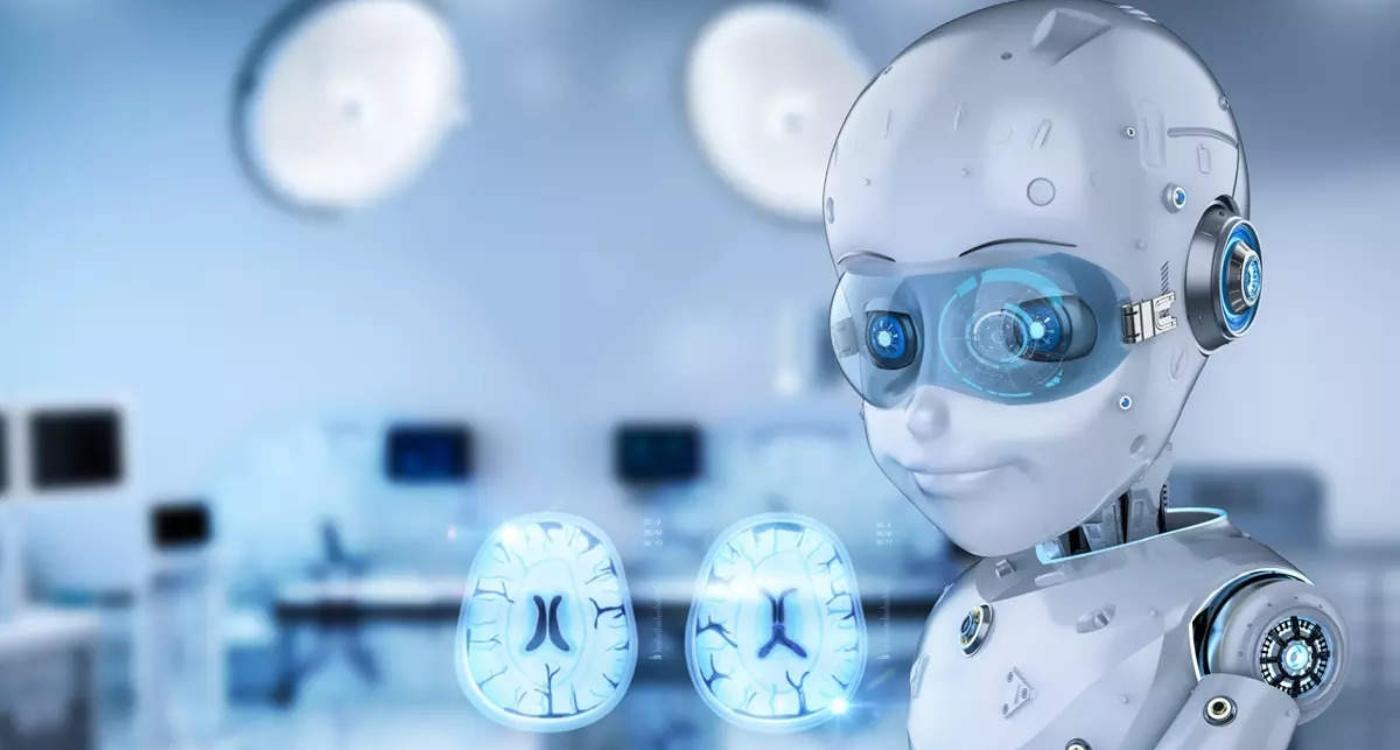
The United States Department of Defense is Developing a Wearable with Real-Time Infection Prediction
U.S. Department of Defense (Image credit- Encyclop...
news-extra-space

 Furthermore, the stimulation will attempt to return neurons to normal when a patient experiences seizures or tremors. And although it is essentially an on/off switch, it won't be that straightforward. In fact, the complexity of the undertaking is still a mystery to academics. Nonetheless, they believe that artificial intelligence has the potential to be a viable therapy option in the future because of this. They also seek to lessen the negative effects of excessive brain stimulation.
Furthermore, the stimulation will attempt to return neurons to normal when a patient experiences seizures or tremors. And although it is essentially an on/off switch, it won't be that straightforward. In fact, the complexity of the undertaking is still a mystery to academics. Nonetheless, they believe that artificial intelligence has the potential to be a viable therapy option in the future because of this. They also seek to lessen the negative effects of excessive brain stimulation.
 Moreover, the team experimented with a variety of approaches and methods, including high-precision electrical stimulation with charge balancing to build the best prototype. Regarding the AI utilized, deep learning, which makes use of artificial neural networks, was employed. It also aids in the discovery of hidden biomarkers through a combination of algorithms that learn and retrieve deep-level information.
Thus, this allows scientists to trigger neural implants using certain biomarkers. They can then continue to use the stimulation because a lot of the guesswork is removed. Finally, artificial intelligence has the ability to only turn on neural implants when absolutely necessary.
Moreover, the team experimented with a variety of approaches and methods, including high-precision electrical stimulation with charge balancing to build the best prototype. Regarding the AI utilized, deep learning, which makes use of artificial neural networks, was employed. It also aids in the discovery of hidden biomarkers through a combination of algorithms that learn and retrieve deep-level information.
Thus, this allows scientists to trigger neural implants using certain biomarkers. They can then continue to use the stimulation because a lot of the guesswork is removed. Finally, artificial intelligence has the ability to only turn on neural implants when absolutely necessary.
 However, there is still plenty of time to add AI because the project is still under development. But given the complexity of brain illnesses and the need for ongoing treatment, this approach might be a successful one.
However, there is still plenty of time to add AI because the project is still under development. But given the complexity of brain illnesses and the need for ongoing treatment, this approach might be a successful one.
Leave a Reply








U.S. Department of Defense (Image credit- Encyclop...